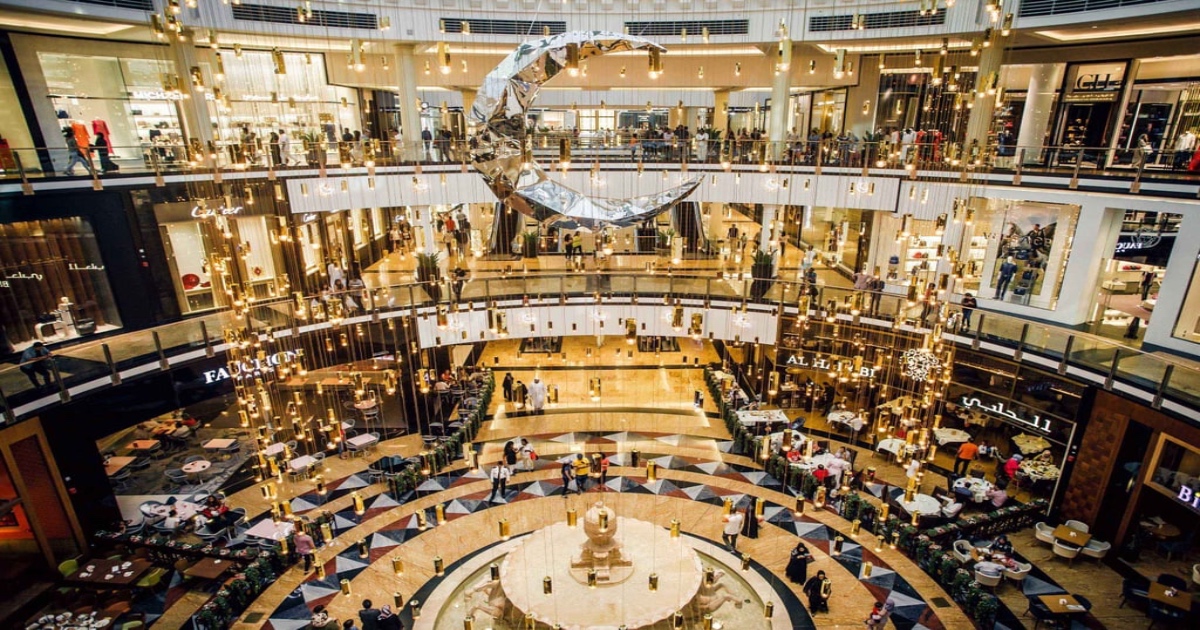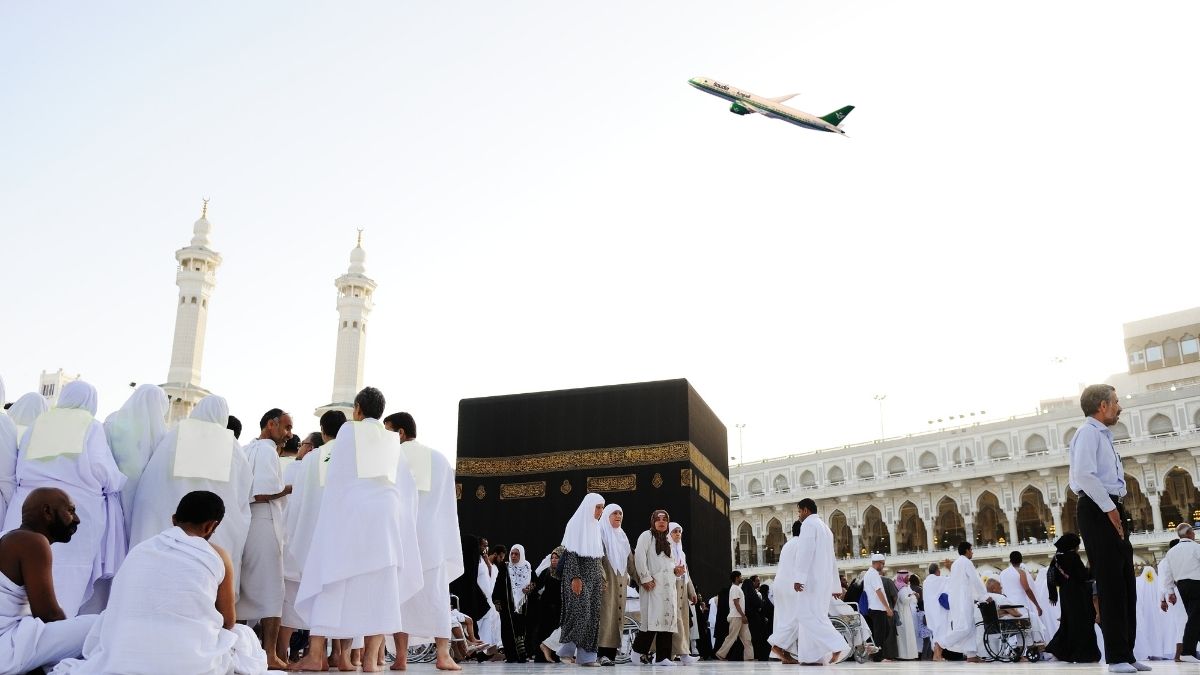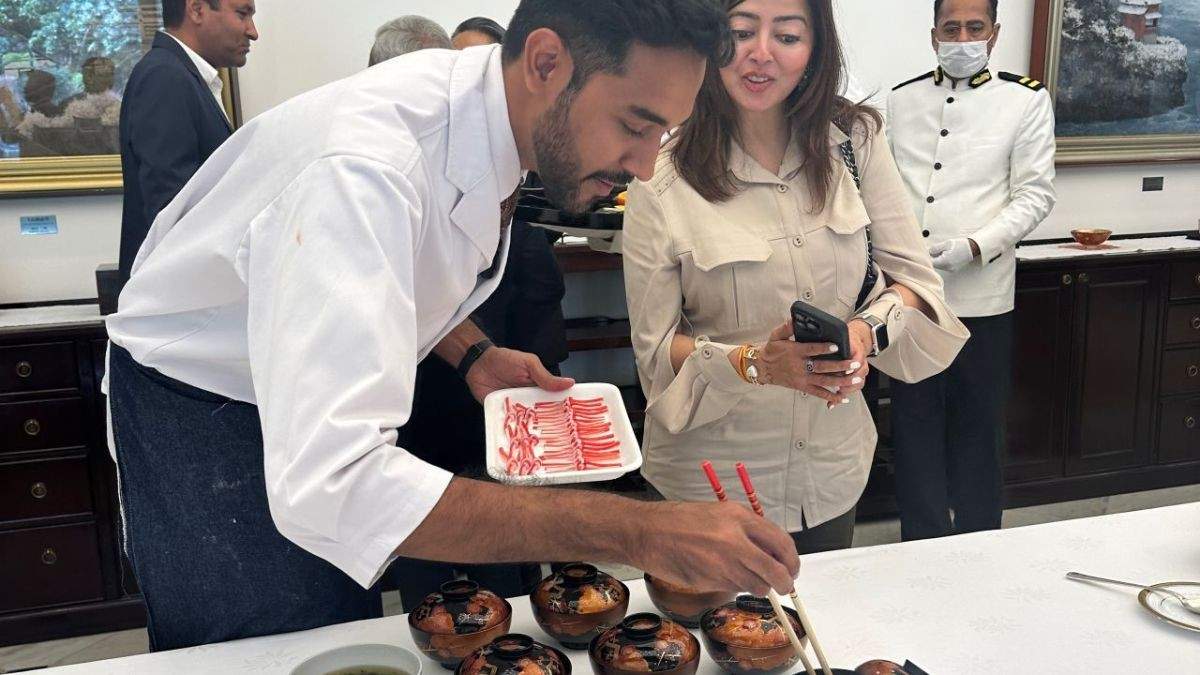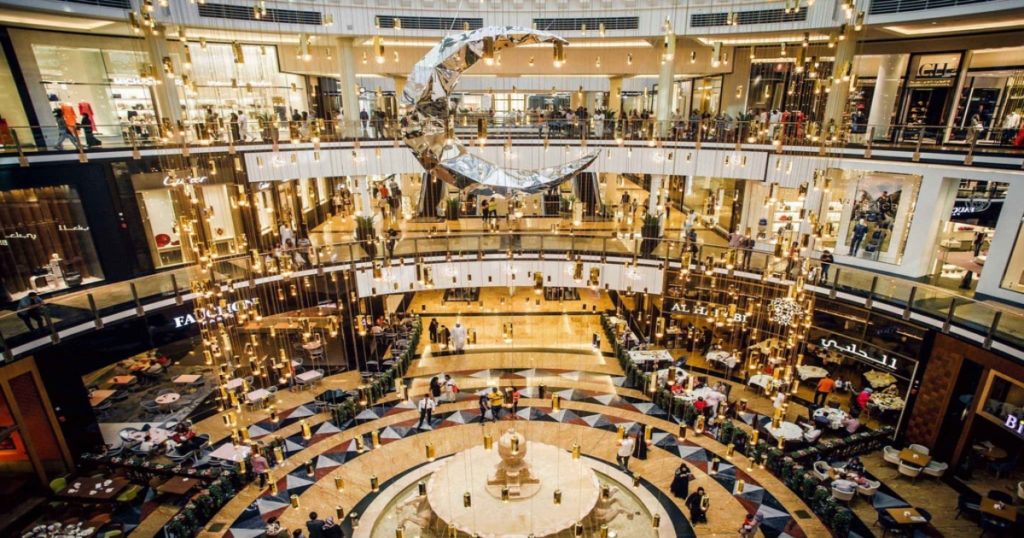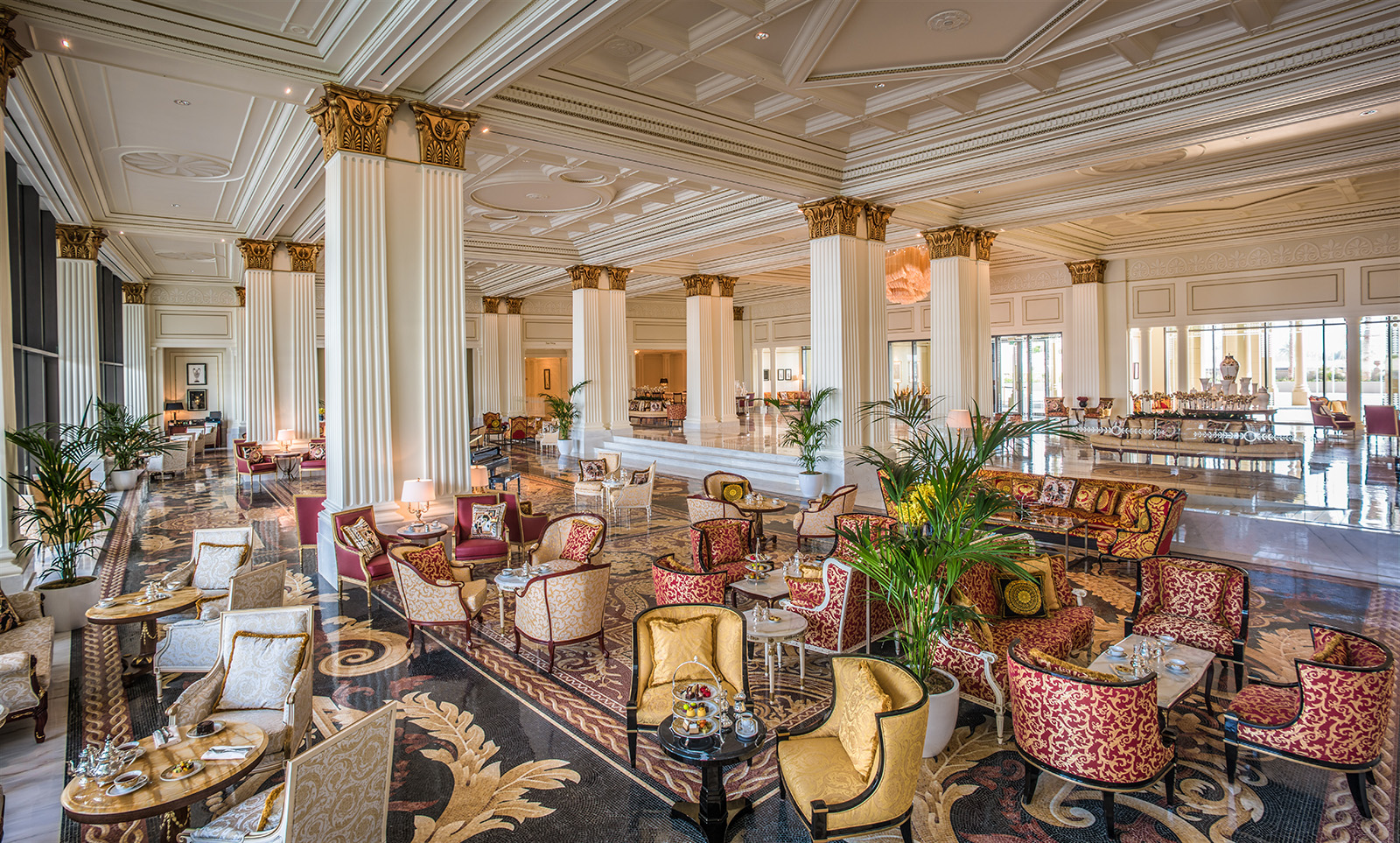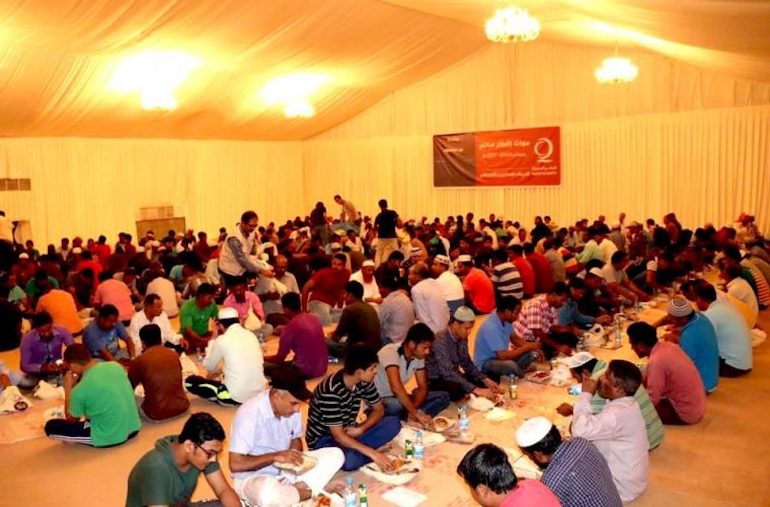The Holy month of Ramadan is here and this year again, the festivities will be a lot different. With the pandemic in place, the National Emergency Crisis and Disaster Management Authority (NCEMA) announced a number of guidelines to be followed during Ramadan. So, here’s a list of all the rules and regulations you must be aware of this festive season.
1. No Curtains For Dubai Restaurants
In regards to the restaurant rules in Dubai, things are about to change this year. How do you ask? Well, Dubai restaurants will no longer need to use dividers or curtains to section off visible dining areas during fasting hours. Yes, you read that right. Restaurants will now be allowed to serve customers without putting in place curtains, dividers or facades, which has been the mandatory practice previously. Restaurants no longer need permit to serve food during fasting hours. The practise which was initially in place was to block off dining areas from those who were fasting. However, as per the guidelines, that’s not a mandate anymore.
Ramadan commercial tents, which provide food, beverages and shisha found usually in hotels, restaurants and various tourist destinations are also banned.
Also read: World’s Largest Fountain At The Pointe Dubai, To Signal End Of Daily Fast During Ramadan
2. 5 Hour Work Day For Private & Public Sector Employees In UAE
As per the announcement made by the UAE government- the working hours for the employees of the public and private sector across the country is now reduced. Yep, the public sector workers will now work for five hours a day throughout the holy month of Ramadan. The official announcement for the same was made on the Federal Authority For Government Human Resources (FAHR) on their Twitter account, which stated that official working hours during the holy month would be from nine in the morning until two in the afternoon.
3. Public Gatherings For Iftar And Suhour Forbidden In The UAE
The authorities advise citizens to avoid public gatherings during Ramadan. It further advises limiting family visits and avoid distributing and exchanging meals between homes and families. Besides this, iftar tents in public are banned this year.
One cannot distribute iftar meals in front of homes and mosques, and those who wish to do so must go through charitable organizations. For donations and charity- they must be made online and not in person. Restaurants cannot distribute iftar meals for those fasting inside or in front of the restaurants. Gatherings for iftar and suhoor are limited to members in the same household. The National Emergency Crisis and Disaster Management Authority (NCEMA) are also urging people to use social media and digital platforms to communicate.
4. Mosques Will Remain Closed After Prayer Time
The authorities also stated that the mosques would be closed after prayer time. And women’s prayer areas, service and health facilities will remain close. For the Tarawih prayers, they too will be held keeping the covid-19 guidelines in mind. Prayers must be limited to no more than 30 minutes. Additionally, no iftar meals will be allowed in the mosques.
Religious lessons and seminars in mosques will remain suspended. However, authorities stated that one could participate in the lectures and lessons online. It’s also advised the use of electronic devices when reading the Holy Quran. In the tweet, they also urged senior citizens and people with chronic diseases to avoid gatherings of any kind to ensure their safety.
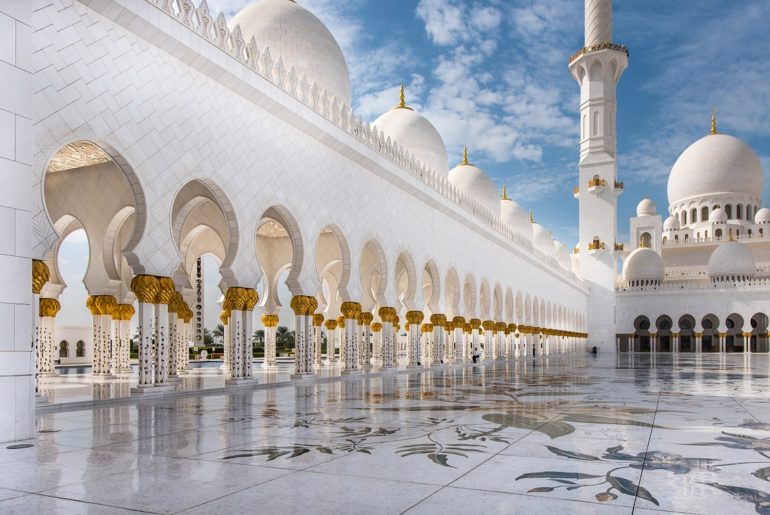
5. No Live Viewing Of The Firing Of The Ramadan Cannons
This year, cannons will be fired across six locations in Dubai and one site in the emirate of Sharjah. Firing cannons is an Arab tradition that was started in the 1960s in Dubai. Since then, Dubai Police has been keeping this tradition alive.
In Dubai, cannons have been placed in six places, including Atlantis the Palm, Al Salam Masjid in Al Barsha, Burj Khalifa, Al Mamzar Beach, Al Habbai Mosque in Al Khawaneej, and the prayer ground in Al Mankhool.
However, people will not be allowed to witness the firing of the Ramadan cannons live; they can only be viewed on TVs.
First Published: April 13, 2021 8:19 AM
